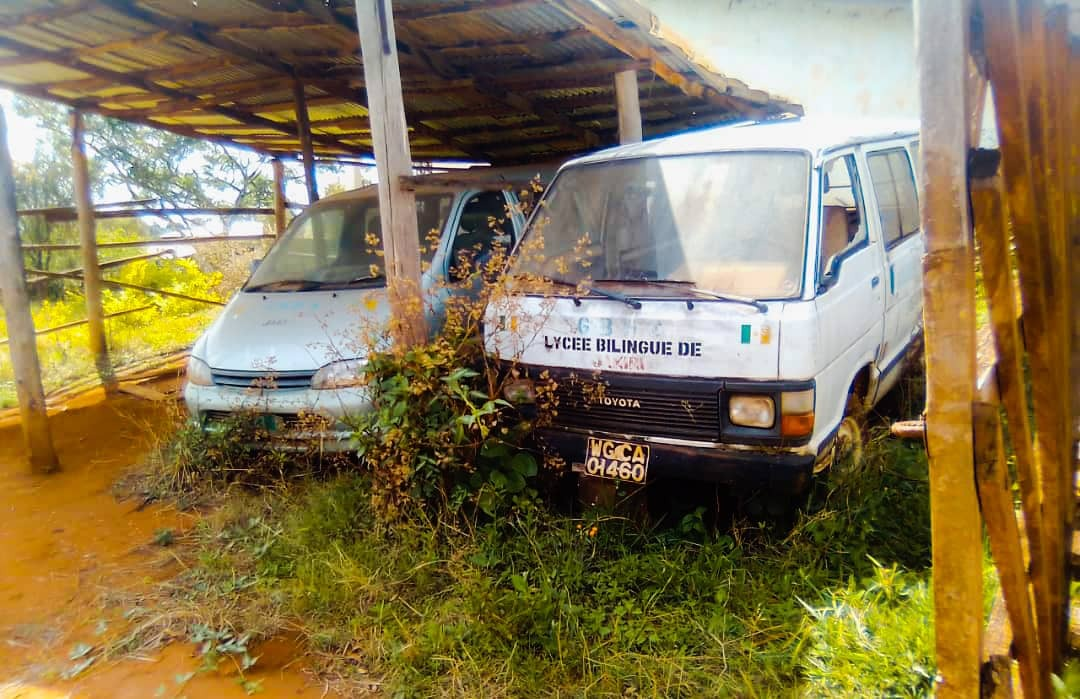By Andrew Nsoseka , JADE
In the last days of the third term holidays, government officials in the Northwest Region issued orders banning Community Schools approved by separatists as those allowed to operate alongside private and mission-run schools.
As expected, the government, in its fight for supremacy and control, came out with orders banning such community schools, but then, in some cases, they banned even mission-run schools too.
The action of the government, especially the banning of private and mission schools like in the case of Boyo Division in the Northwest Region, now adds government officials to the list of individuals and groups stifling children’s right to education in Anglophone Regions. Such a ban adds credence to allegations that the government itself is not sincerely interested in the education of children who have been deprived of their right to education for nearly six years.
One of the setbacks of the Anglophone Crisis has been campaigns against the right to education, which is an established human right, As stated in Article 26 of the December 1948 Universal Declaration of Human Rights, and Article 17(1) of the African Charter on Human and People’s Rights.
When the Anglophone Crisis started late 2016, trade unionists and leaders of the various syndicates used school boycott as a means to realise their agenda. Since then, when the movement changed to a separatist one, the separatist leaders also used school boycott as a strategy against government and to further their political demands.
Since then, much pressure has been mounted on separatists by national and international rights groups and NGOs to lift the ban on education. Some separatist factions started yielding in and eventually allowed education to go on in communities where they operate. Others, however, stayed adamant.
As the 2022/2023 school year approached, more pressure has been on separatists to completely lift the ban on schools and education. So far, a majority of the separatist factions have accepted, but with most insisting that only private, mission and community-run schools will be permitted to operate.
With the ban on government schools by separatists, the Cameroon Government has started a disturbing trend, banning some schools run by the Islamic; CBC, Catholic, and Presbyterian Churches, simply because the separatists have said such schools can operate. Most community schools have also been banned in the Anglophone Regions by the government
In a recent outing, the delegation of the Ministry of Basic Education in Boyo Division listed some mission-run schools that had operated several decades, stating that they have been banned from operating.
The fear here is that such decisions that are meant to force pupils and students to government-run schools, in order to score a political point, will further make access to education risky and inaccessible to children in the crisis regions, thus preventing them from enjoying their right to education.
It is likely that, in the face of bans placed on private, community and church-run schools, the separatists who had softened their stance on anti-school policies will, again, start attacking government schools that the government wants to run in such communities. This will only leave hundreds of thousands of uneducated children as the crisis persists. With no tangible reason behind such bans, the government, like the separatists, is actively trying to prevent children from enjoying their right to education.
Of the 27 banned primary schools in Boyo Division, for instance, only four are so-called community schools. The rest, 23, are run by Churches that have operated them for decades and even before the introduction of government schools in such areas.
In a statement, CHRDA, a human rights organisation run by Agbor Felix Nkongho, criticised the decision of Boyo SDO, Tegha Fidele, saying it will only further stifle children’s right to education in an area where everything should rather be done to promote education.
In his own order banning community schools as well as others, the Senior Divisional Officer for Bui, Menyong Gilbert Sunday, said so-called communities throughout Bui and other private schools not duly authorised by the State have been banned from operating. He said those who operate such schools will be prosecuted.
Such action from government officials infringe on the children’s right to education, as well as the parents’ right to also choose the school their children should attend. Here, the parents and children have just been given one choice – government schools – which, giving the present condition, risks exposing them to harm at a time the government has failed to adequately protect schools and learners.
Article 26(1) of The Universal Declaration of Human Rights says: “Everyone has the right to education….” This right is, thus, being taken away from them by government officials, who are now acting in a similar way like separatist fighters who have been against education.
In a reaction to the banning of mission- run schools in Boyo, Mark Bareta, a separatist activist in the Diaspora, said the government has decided against the education of the children in the crisis regions.
“Now, Cameroun is the one stopping our kids from going to school. Ambazonia Forces had earlier given OK for all private and mission schools to operate,” Bareta said in a statement.

2 comments
Thanks for sharing. I read many of your blog posts, cool, your blog is very good.
Thank you for your sharing. I am worried that I lack creative ideas. It is your article that makes me full of hope. Thank you. But, I have a question, can you help me?